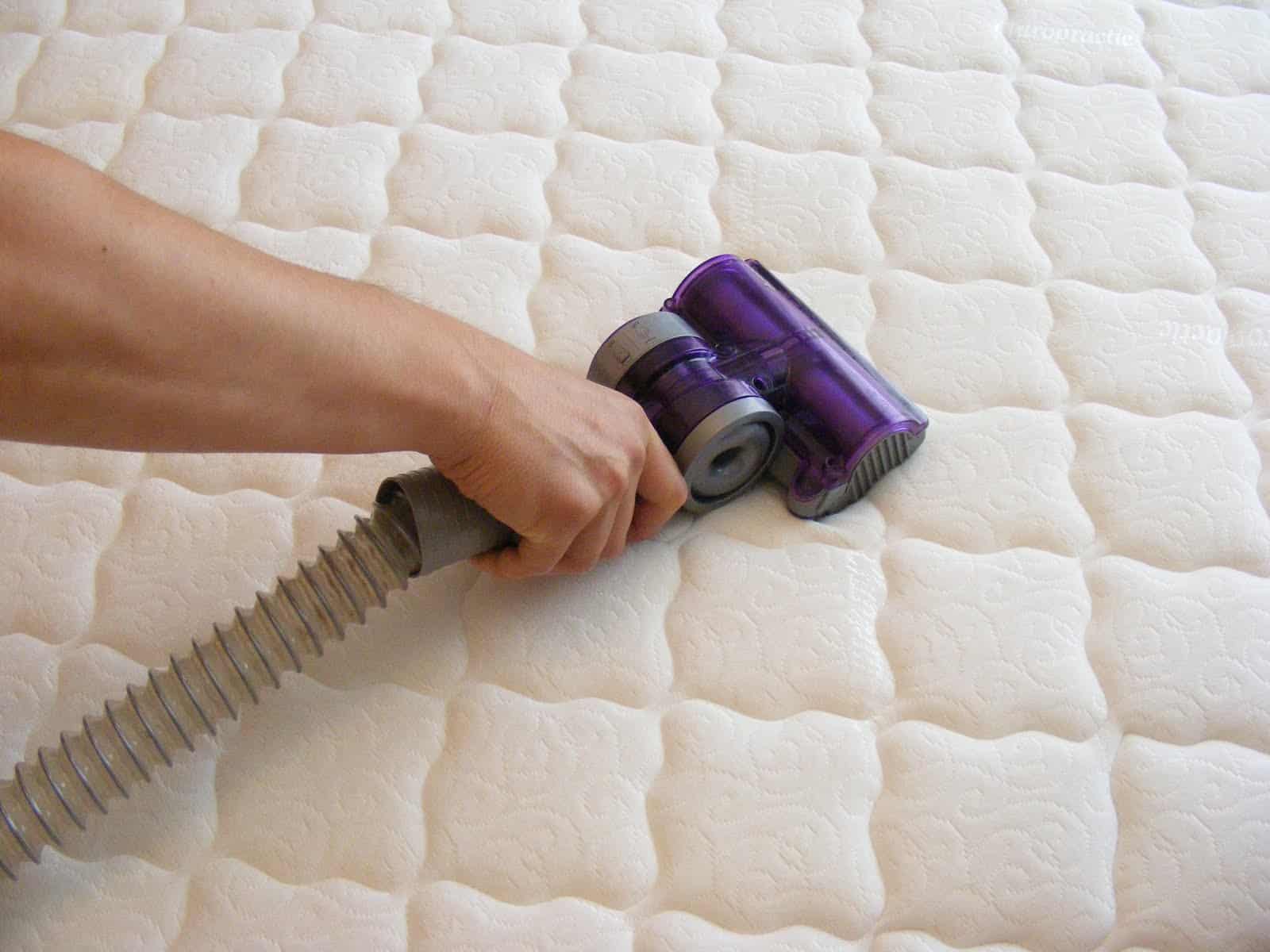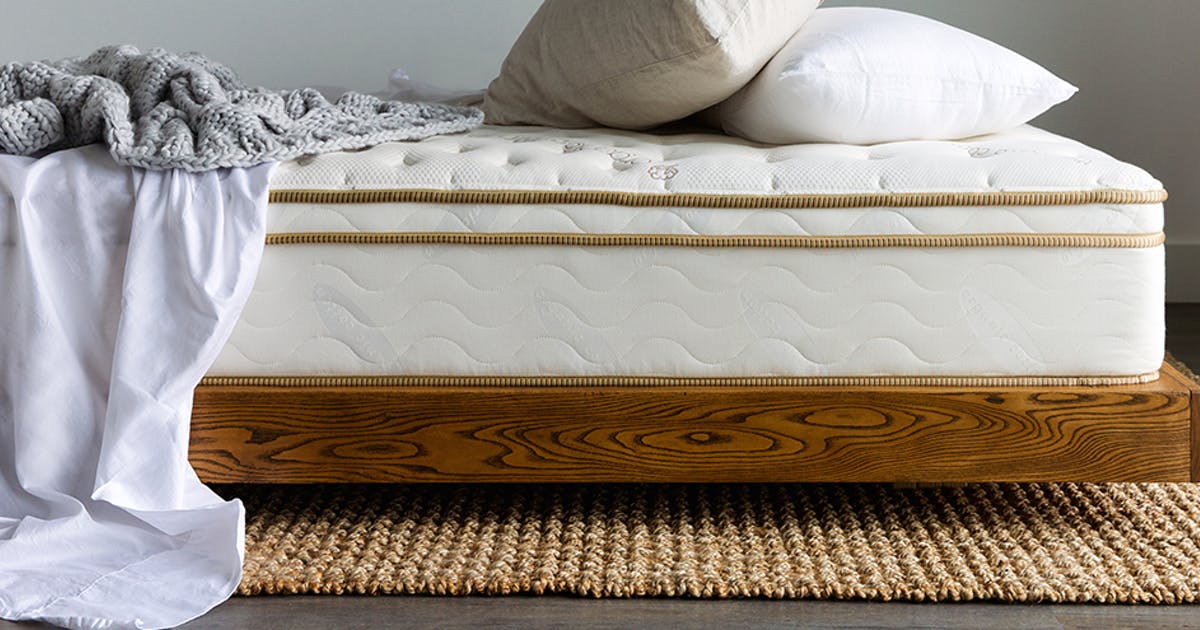A good night's sleep is essential for our overall health and well-being. However, if you find yourself constantly waking up with a stuffy nose, watery eyes, or a skin rash, your mattress may be the culprit. Yes, you read that right – you can be allergic to your mattress. In this article, we will discuss the signs and symptoms of mattress allergies, the causes, and how to treat and prevent them.Can You Be Allergic to a Mattress?
The most common signs of mattress allergies include a runny nose, itchy and watery eyes, sneezing, congestion, and skin irritation. These symptoms may worsen at night or when you wake up in the morning, as your body has been exposed to the allergens in your mattress for hours. In severe cases, you may also experience difficulty breathing or develop asthma symptoms.Signs and Symptoms of Mattress Allergies
Mattress allergies are typically caused by the presence of dust mites, mold, or pet dander in your mattress. Dust mites are microscopic creatures that feed on dead skin cells and thrive in warm and humid environments, making your mattress an ideal breeding ground. Mold can also grow in a damp mattress, especially if it has been exposed to moisture. If you have pets, their dander can also accumulate in your mattress and trigger allergies.Causes of Mattress Allergies
If you suspect that you have a mattress allergy, the first step is to confirm it with an allergy test. Once confirmed, the best course of treatment is to remove the source of allergens – your mattress. This may involve replacing your mattress if it is old and has accumulated a high number of allergens. Alternatively, you can invest in a hypoallergenic mattress cover to prevent allergens from penetrating your mattress. Medications, such as antihistamines or nasal sprays, can also help relieve symptoms.Treatment for Mattress Allergies
Prevention is always better than cure, and this applies to mattress allergies as well. To prevent allergies, it is essential to keep your mattress clean and free of allergens. Regularly vacuuming your mattress and washing your bedding in hot water can help remove dust mites and their droppings. You can also invest in a dehumidifier to reduce moisture in your bedroom, making it less favorable for dust mites and mold to thrive.Preventing Mattress Allergies
If you are in the market for a new mattress, consider purchasing a hypoallergenic one. These mattresses are made with materials that are resistant to dust mites and mold, such as latex or memory foam. Look for mattresses with a high density and a tight weave cover to prevent allergens from penetrating. You can also opt for a mattress with a removable and washable cover for easy maintenance.How to Choose a Hypoallergenic Mattress
Aside from dust mites, mold, and pet dander, there are other allergens that can be found in mattresses. These include pollen, which can be brought in from the outdoors, and chemicals used in the manufacturing process of the mattress. To reduce your exposure to these allergens, it is essential to regularly clean and maintain your mattress.Common Allergens Found in Mattresses
You may have slept on your mattress for years without experiencing any allergies, but suddenly start to develop symptoms. This could be due to the build-up of allergens over time, or your body becoming more sensitive to them. It is also possible to develop an allergy to a new mattress if it is made with materials that you are allergic to. If you experience any symptoms, it is best to get an allergy test to identify the cause.Can You Develop an Allergy to Your Mattress Over Time?
Regularly cleaning and maintaining your mattress can significantly reduce the number of allergens present. Vacuuming your mattress at least once a week can help remove dust and debris. You can also sprinkle baking soda on your mattress and let it sit for a few hours before vacuuming to absorb any odors. If possible, place your mattress in direct sunlight to kill any dust mites and remove moisture. Air out your mattress once in a while to keep it fresh.How to Clean and Maintain Your Mattress to Reduce Allergens
If you have tried all the above methods and are still experiencing severe allergy symptoms, it may be time to see a doctor. They can perform a skin test or blood test to identify the specific allergen causing your symptoms. They can also prescribe stronger medications or recommend allergy shots to desensitize your body to the allergens. In conclusion, it is possible to be allergic to your mattress, and it may be the reason for your poor sleep and morning allergies. By following the tips above, you can reduce the allergens in your mattress and improve your overall health. Remember, prevention is key, and investing in a hypoallergenic mattress can make a significant difference in your quality of sleep. Take care of your mattress, and it will take care of you.When to See a Doctor for Mattress Allergies
How to Choose the Right Mattress for Allergy Sufferers
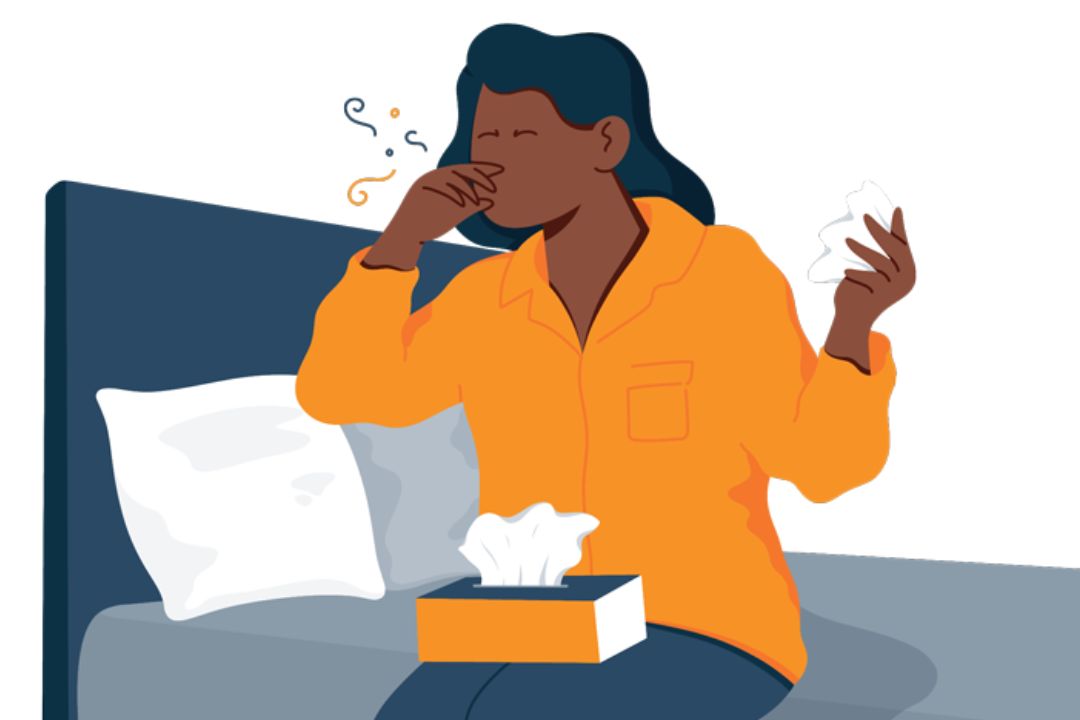
The Importance of a Good Mattress
 When it comes to designing our homes, we often focus on aesthetics and functionality. We want our living spaces to be visually appealing and comfortable. However, one crucial element that is often overlooked is the mattress. A good mattress is essential for a good night's sleep, which is crucial for our overall health and well-being. But what if you find yourself waking up with a runny nose, itchy eyes, and sneezing? Could it be that you are allergic to your mattress?
When it comes to designing our homes, we often focus on aesthetics and functionality. We want our living spaces to be visually appealing and comfortable. However, one crucial element that is often overlooked is the mattress. A good mattress is essential for a good night's sleep, which is crucial for our overall health and well-being. But what if you find yourself waking up with a runny nose, itchy eyes, and sneezing? Could it be that you are allergic to your mattress?
The Link Between Mattresses and Allergies
 The short answer is yes, you can be allergic to your mattress. Mattresses can harbor a variety of allergens, such as dust mites, mold, and pet dander. These allergens can trigger allergic reactions, making it difficult for you to get a good night's sleep. Additionally, old or worn-out mattresses can accumulate dead skin cells, sweat, and other bodily fluids, creating an ideal breeding ground for bacteria and allergens.
The short answer is yes, you can be allergic to your mattress. Mattresses can harbor a variety of allergens, such as dust mites, mold, and pet dander. These allergens can trigger allergic reactions, making it difficult for you to get a good night's sleep. Additionally, old or worn-out mattresses can accumulate dead skin cells, sweat, and other bodily fluids, creating an ideal breeding ground for bacteria and allergens.
Choosing the Right Mattress for Allergy Sufferers
 If you are an allergy sufferer, choosing the right mattress is crucial. The first step is to look for a hypoallergenic mattress. These mattresses are made with materials that are resistant to allergens, such as dust mites and mold. Look for mattresses made with natural materials, such as organic cotton, wool, or latex, as these are less likely to harbor allergens.
Another important factor to consider is the firmness of the mattress. A firm mattress can help prevent allergens from penetrating the mattress and causing allergic reactions. Additionally, a firm mattress can provide better support for your body, reducing the risk of body aches and pains.
If you are an allergy sufferer, choosing the right mattress is crucial. The first step is to look for a hypoallergenic mattress. These mattresses are made with materials that are resistant to allergens, such as dust mites and mold. Look for mattresses made with natural materials, such as organic cotton, wool, or latex, as these are less likely to harbor allergens.
Another important factor to consider is the firmness of the mattress. A firm mattress can help prevent allergens from penetrating the mattress and causing allergic reactions. Additionally, a firm mattress can provide better support for your body, reducing the risk of body aches and pains.
Additional Tips for Allergy-Friendly Mattresses
 Apart from choosing a hypoallergenic and firm mattress, there are other things you can do to make your mattress more allergy-friendly. Investing in a good mattress protector can help prevent allergens from seeping into your mattress. You should also regularly wash your bedding, including sheets, pillowcases, and comforters, in hot water to kill any allergens that may be present.
In conclusion, while it is possible to be allergic to your mattress, there are steps you can take to minimize the risk. By choosing a hypoallergenic and firm mattress, investing in a good mattress protector, and regularly washing your bedding, you can create a more allergy-friendly sleeping environment. Remember, a good night's sleep is crucial for your health, so don't overlook the importance of a good mattress.
Apart from choosing a hypoallergenic and firm mattress, there are other things you can do to make your mattress more allergy-friendly. Investing in a good mattress protector can help prevent allergens from seeping into your mattress. You should also regularly wash your bedding, including sheets, pillowcases, and comforters, in hot water to kill any allergens that may be present.
In conclusion, while it is possible to be allergic to your mattress, there are steps you can take to minimize the risk. By choosing a hypoallergenic and firm mattress, investing in a good mattress protector, and regularly washing your bedding, you can create a more allergy-friendly sleeping environment. Remember, a good night's sleep is crucial for your health, so don't overlook the importance of a good mattress.






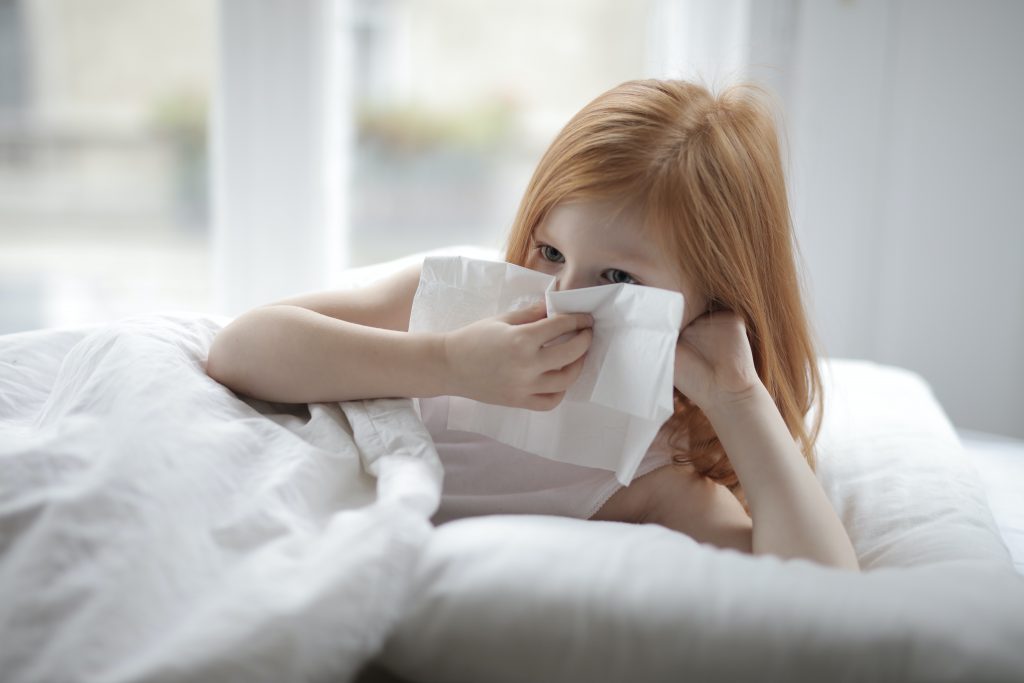

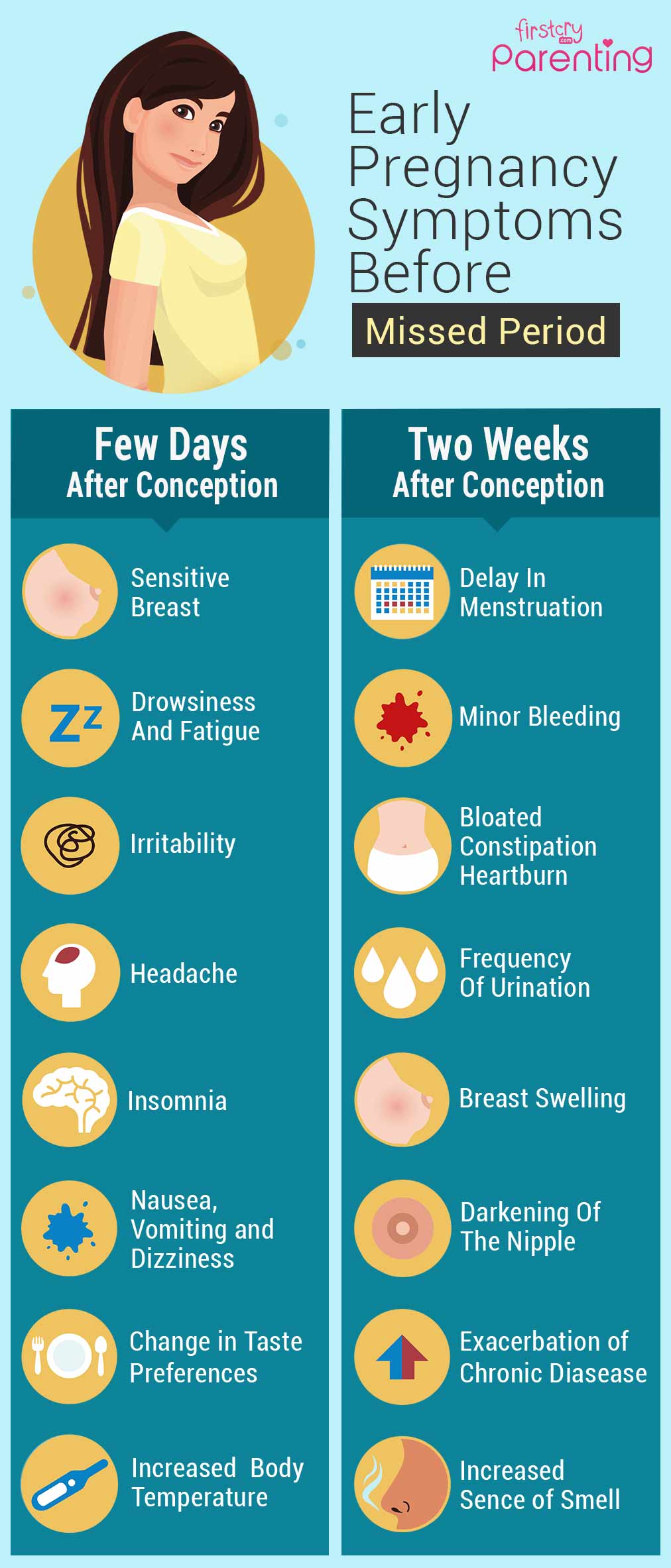

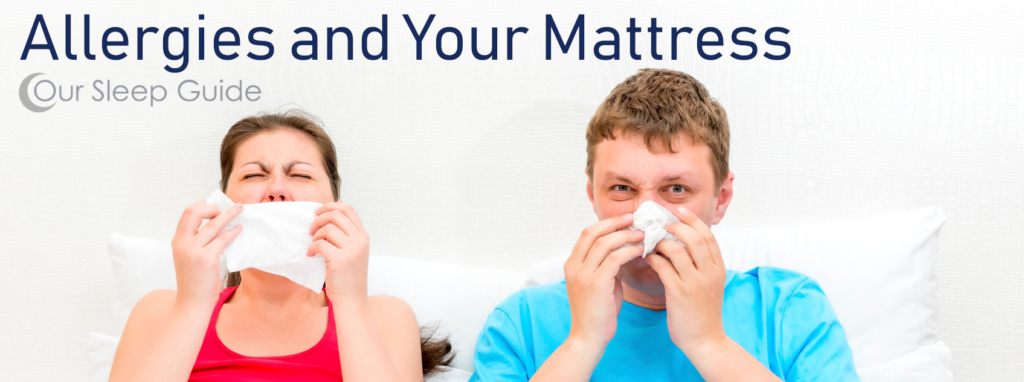




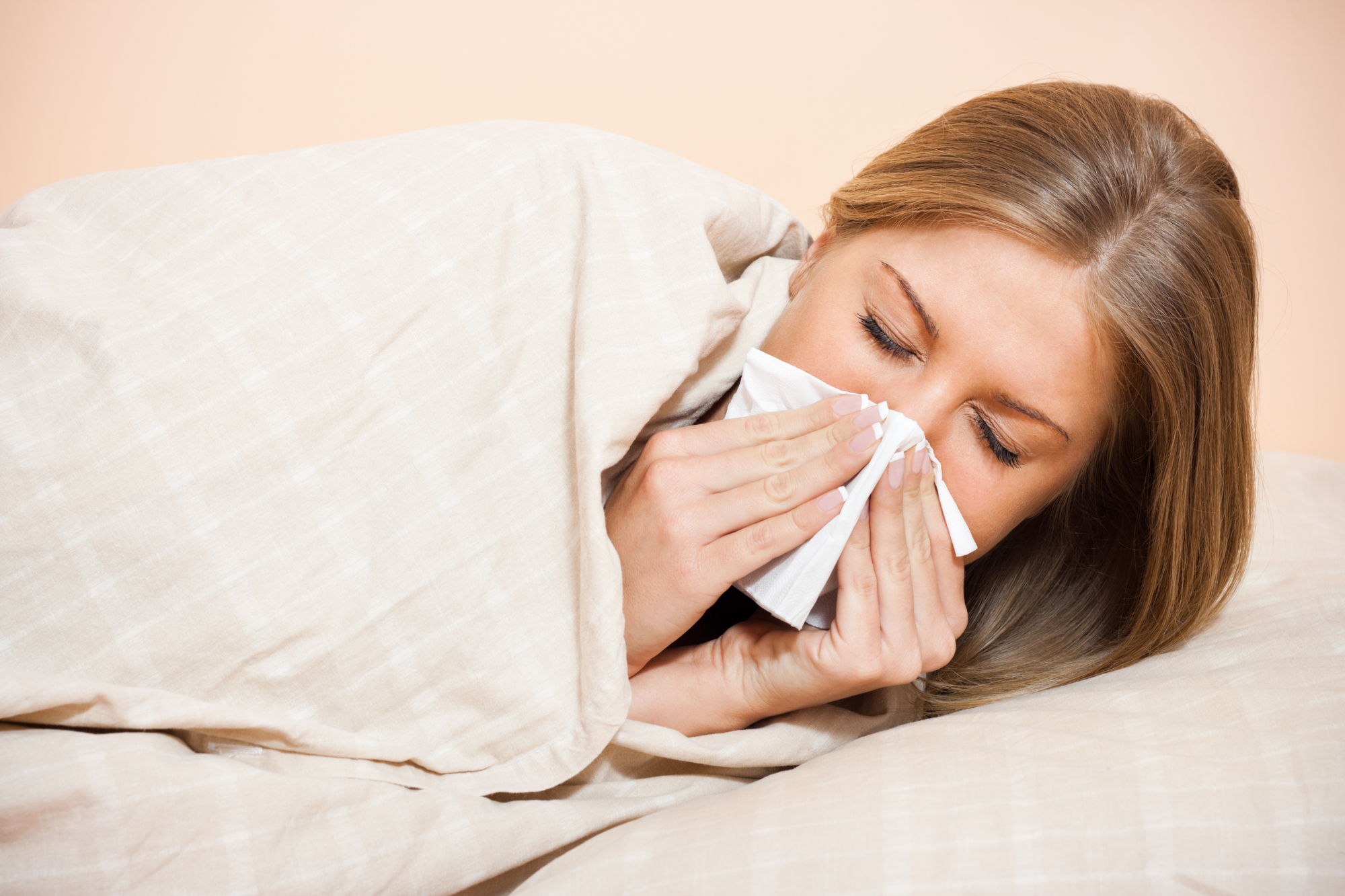





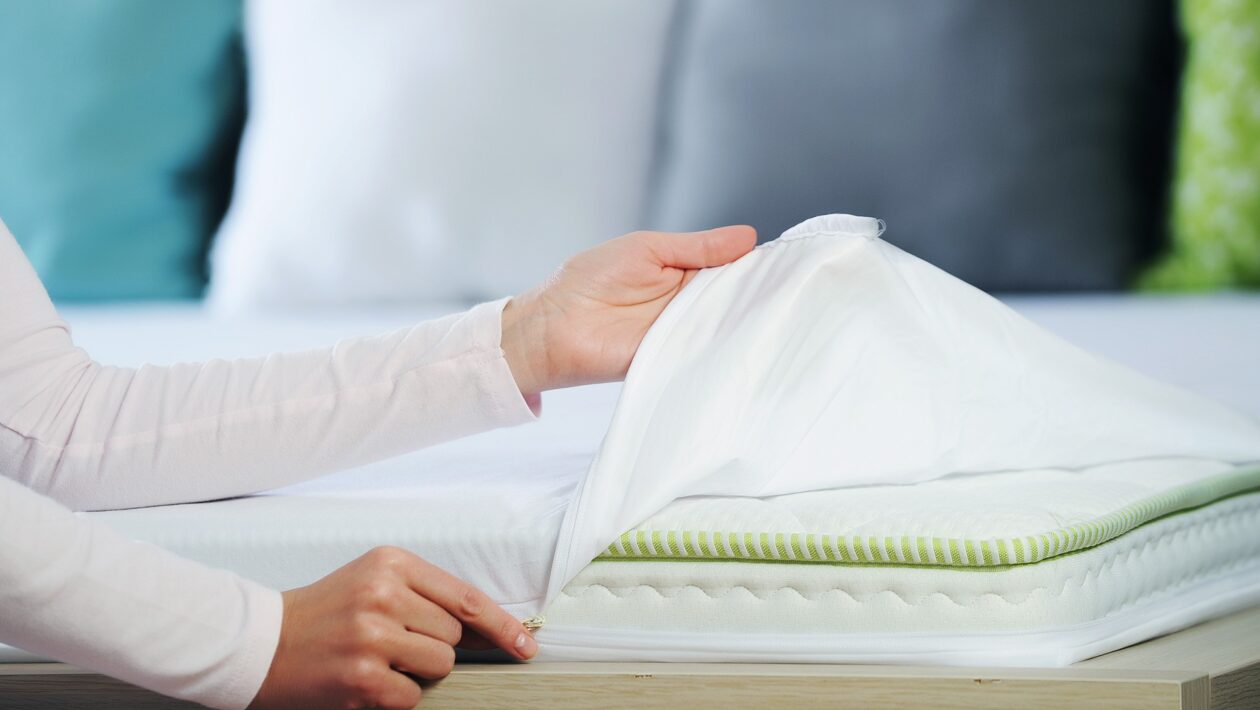








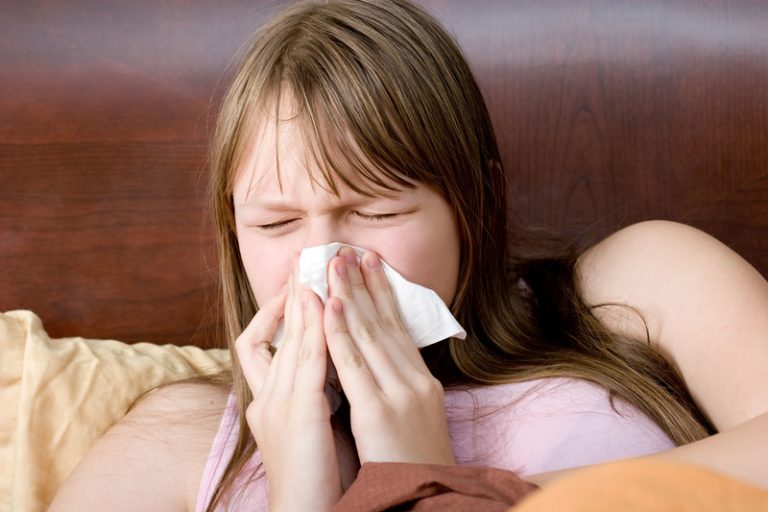





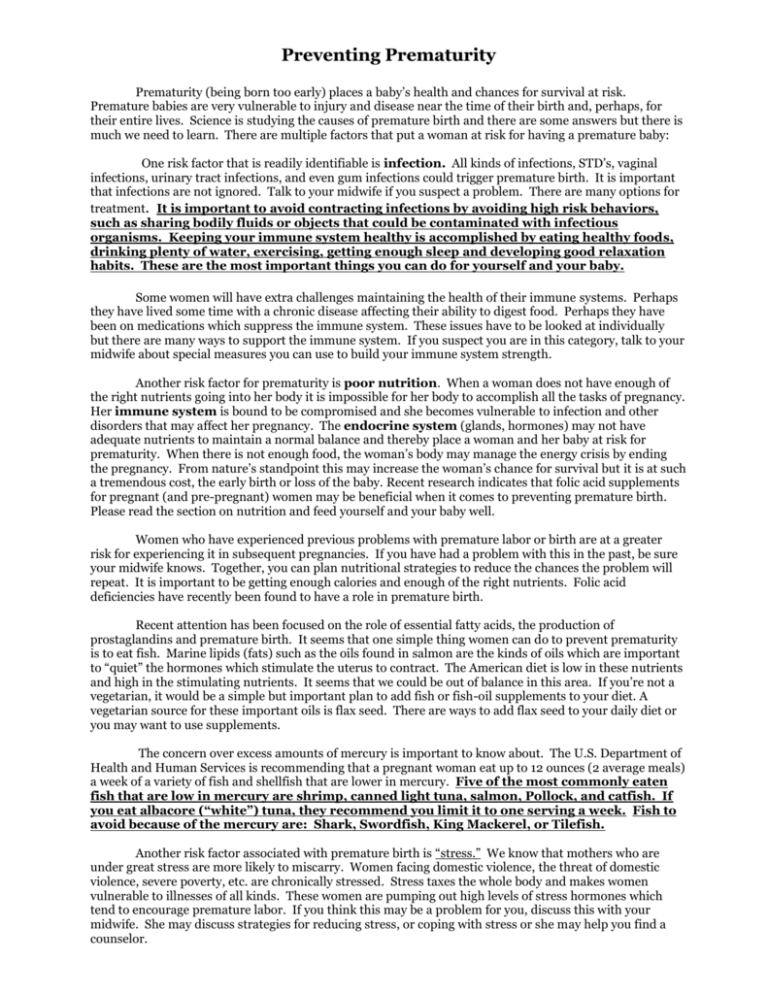







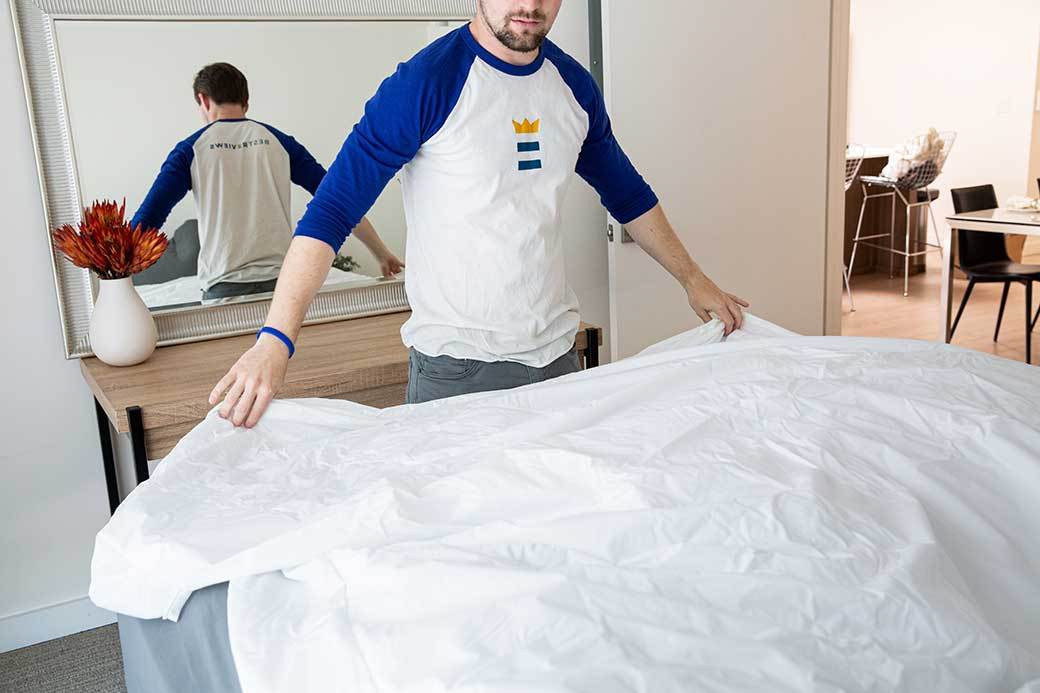







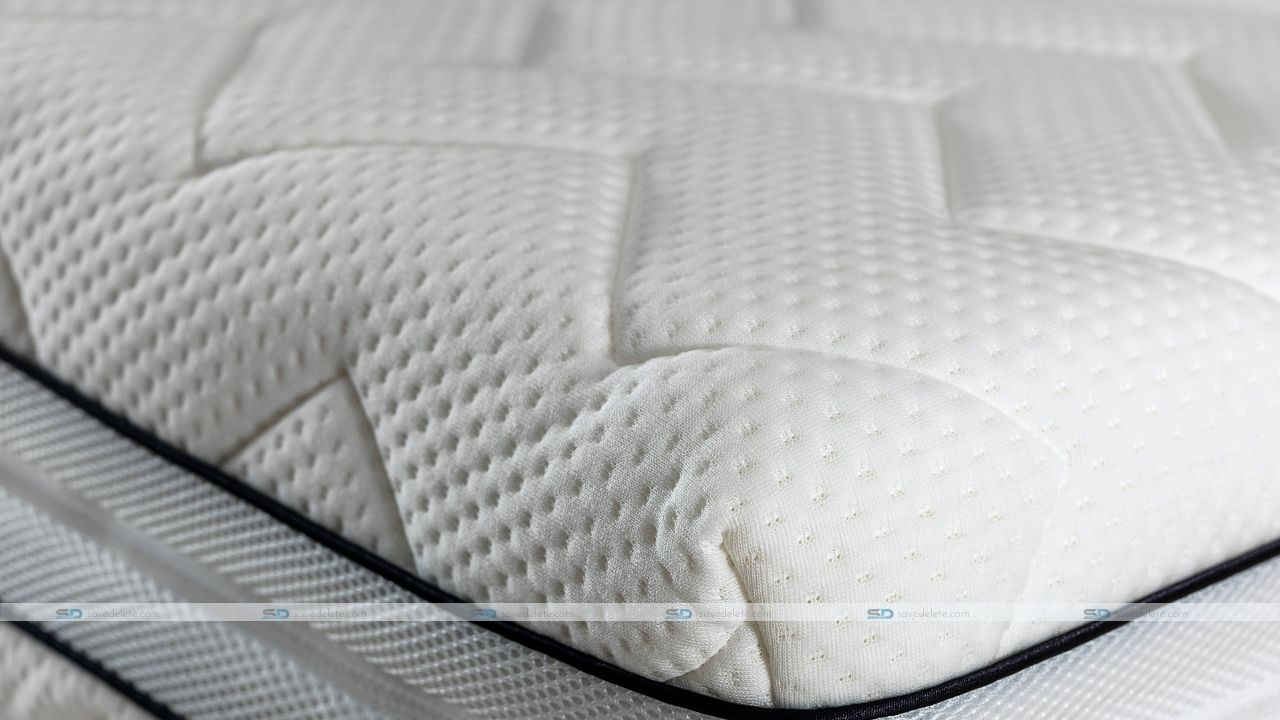
:max_bytes(150000):strip_icc()/the-most-common-food-allergies-1324134-FINAL-545b394b1d724c7faf278a4e1e552679.jpg)












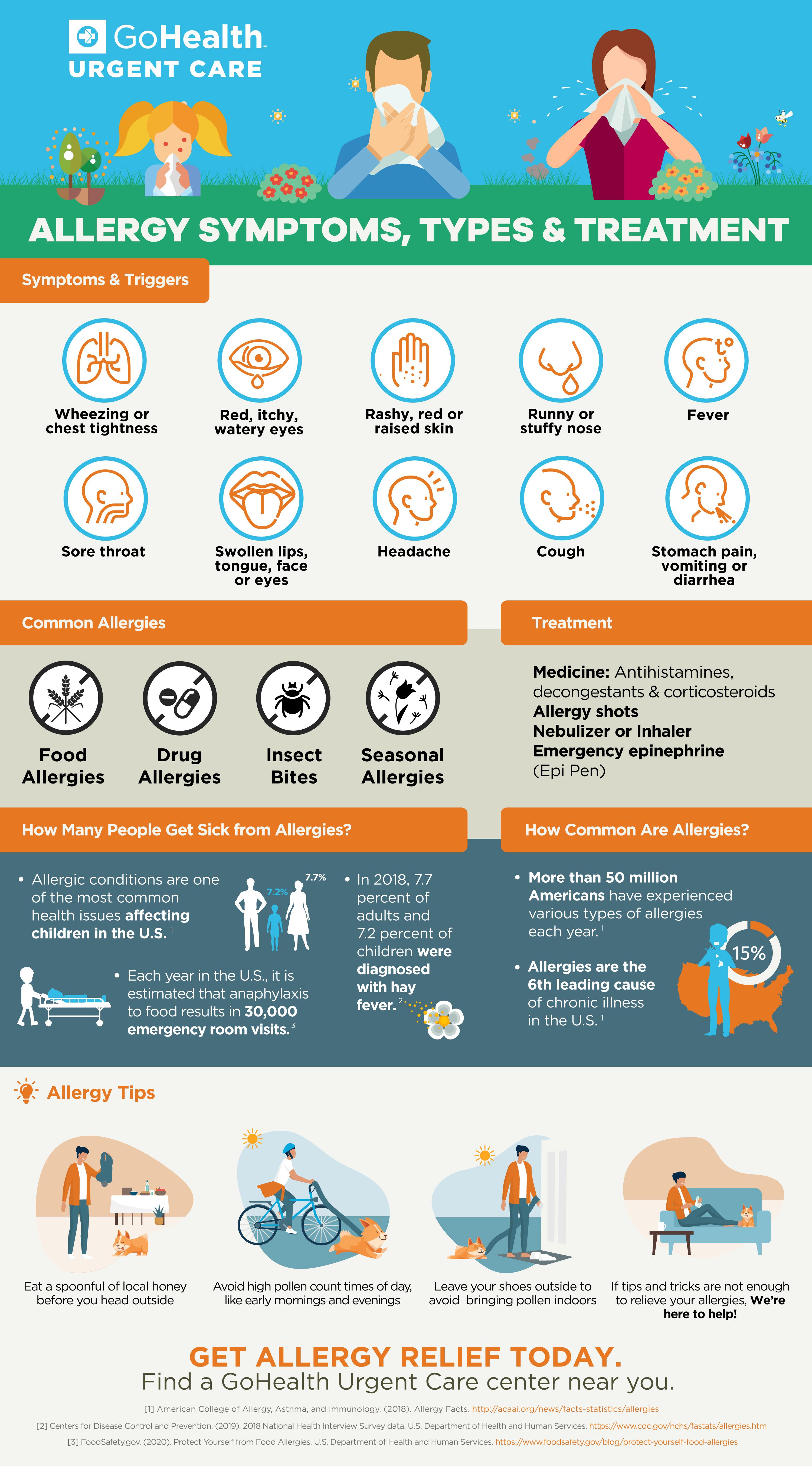



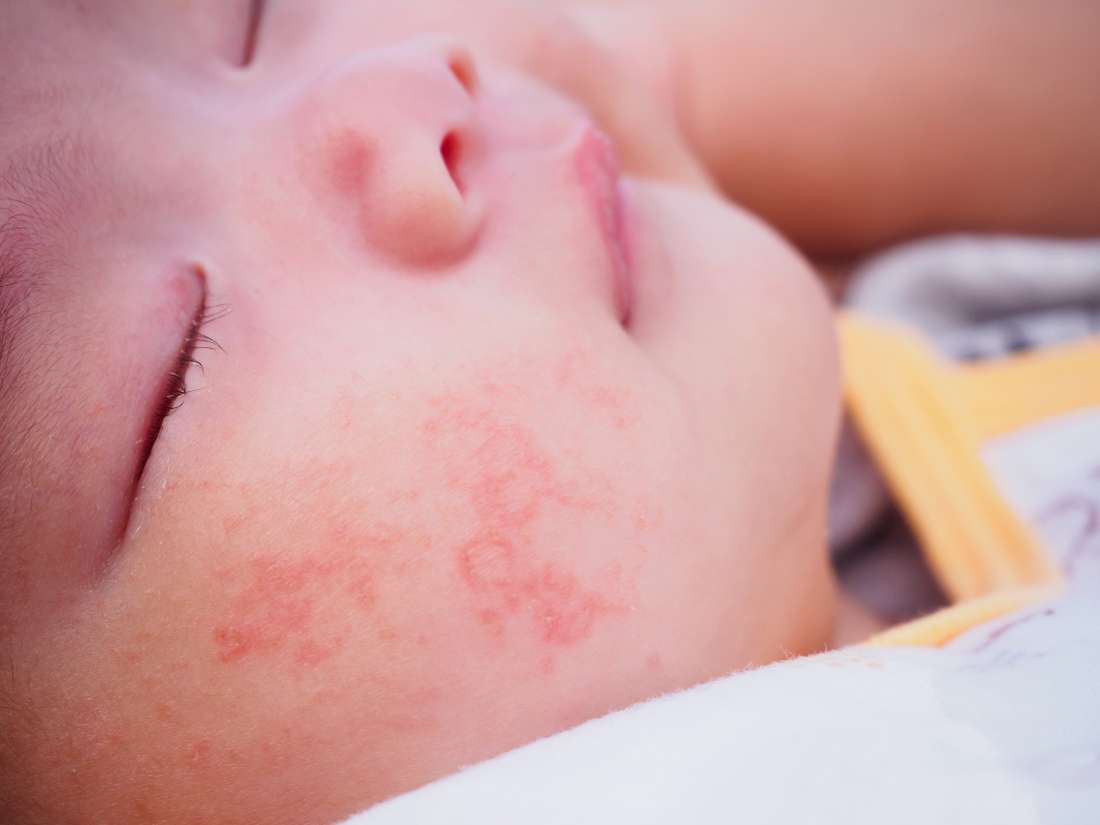

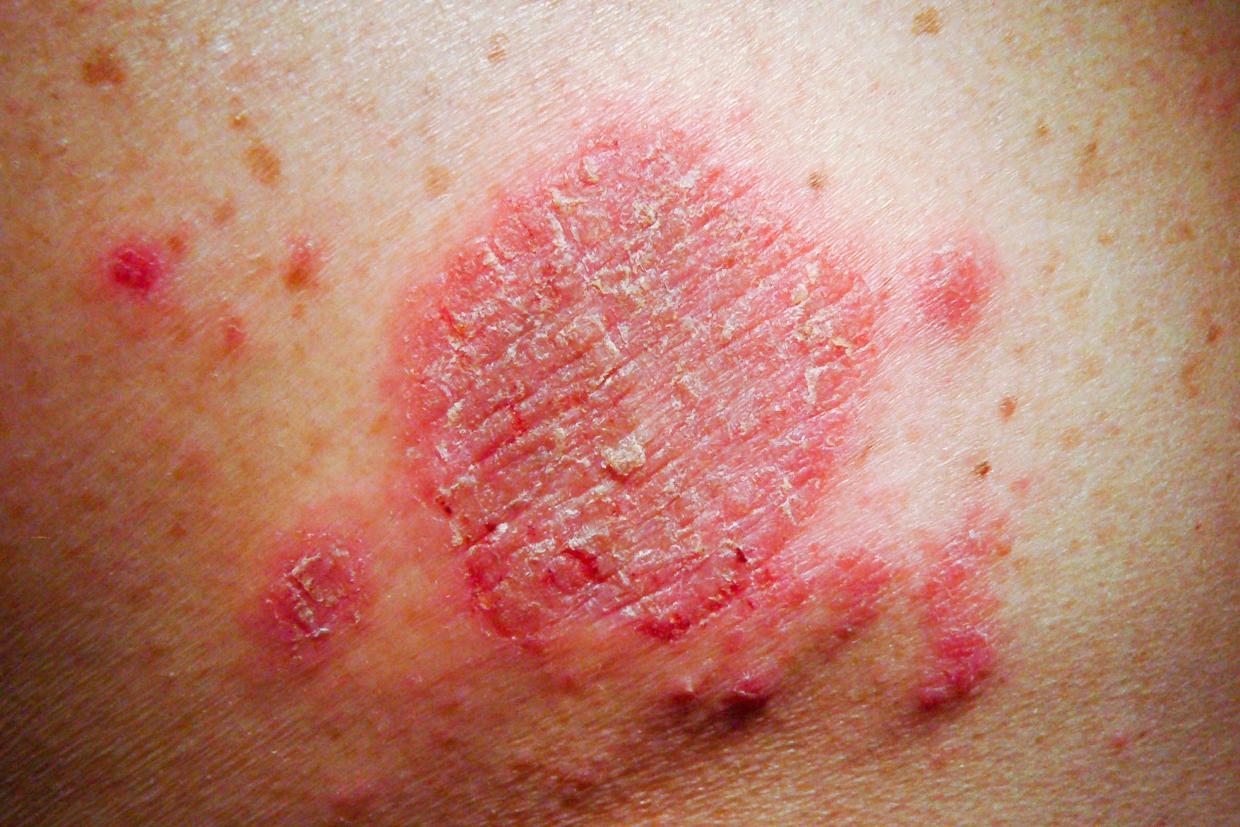
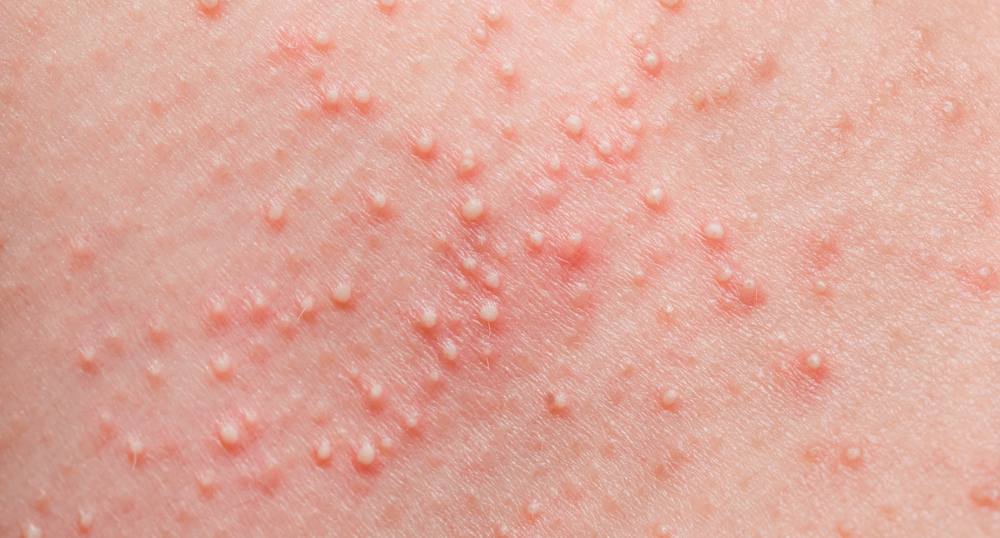


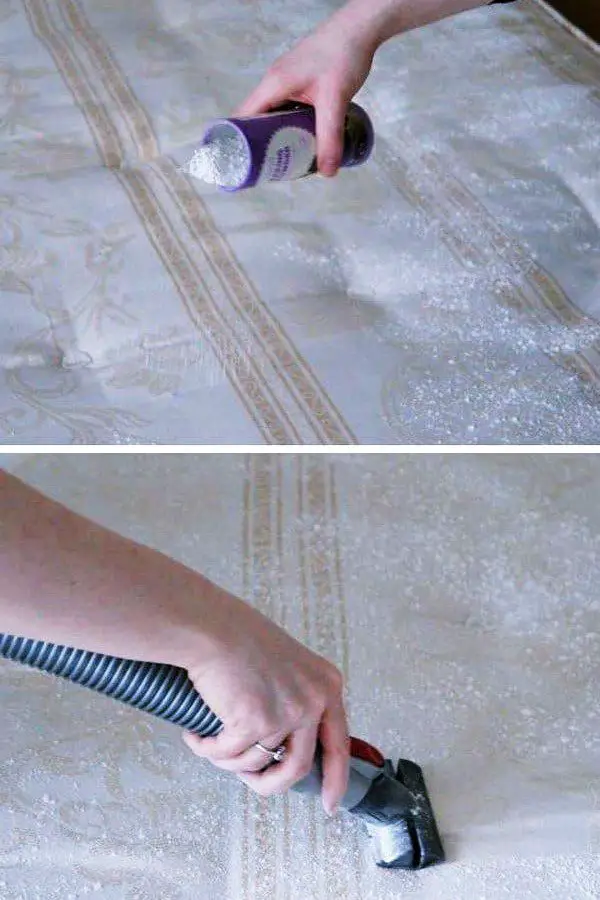
:max_bytes(150000):strip_icc()/clean-your-mattress-the-natural-way-350742-14-5a99efe91be349449c3178993b367746.jpg)
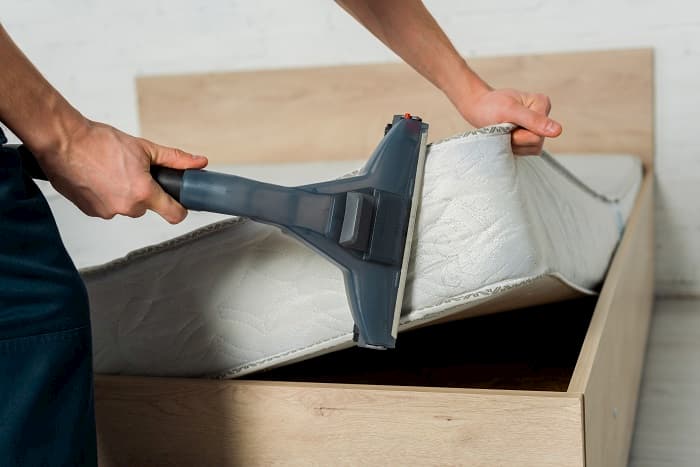
:max_bytes(150000):strip_icc()/clean-your-mattress-the-natural-way-350742-dd95404f7ac54f9b90f09045d9b4e98c.png)


